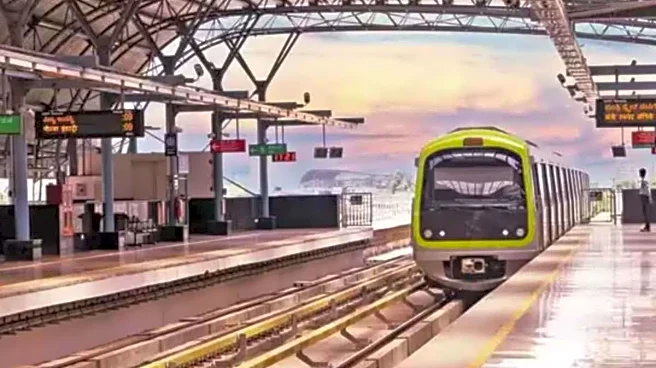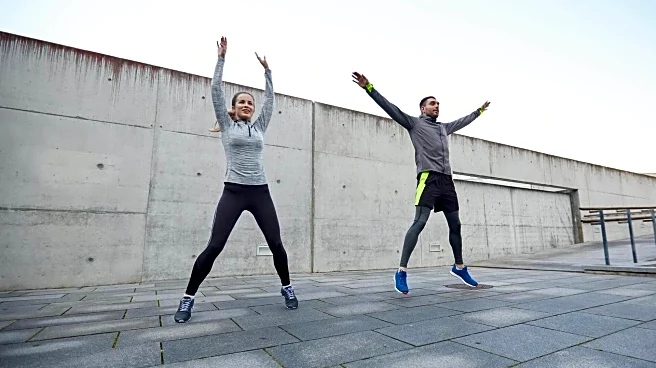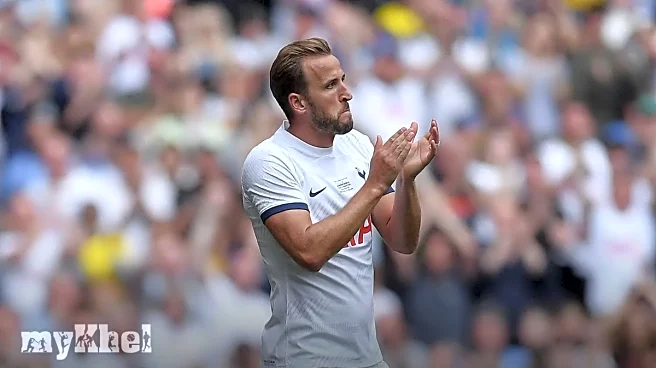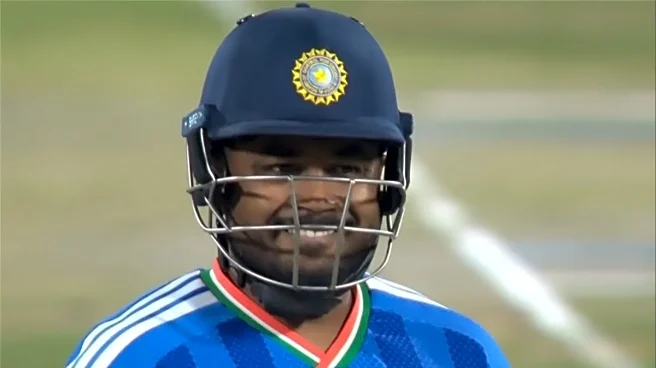Karnataka Chief Minister Siddaramaiah has announced that he will submit a proposal to the Central government to rename the Bangalore Metro Rail project, commonly known as “Namma Metro” as Basava Metro,
after 12th-century social reformer Basavanna.
Chief Minister Siddaramaiah announced the development while speaking at the closing ceremony of the ‘Basava Culture Campaign-2025’, organised to commemorate the declaration of “Vishwaguru Basavanna” as the “Karnataka Cultural Leader.” The event on Sunday was attended by seers and spiritual leaders from various Lingayat maths.
In January 2024, the Karnataka government declared him the “Cultural Leader of Karnataka” to honour his lasting impact on the state’s culture and social values.
“Metro project is by both the state and central government. Our (state) share may be more at 87 per cent, 13 per cent by the Centre, but still, without central government’s approval, we cannot do anything. I will place this proposal before the central government,” Siddaramaiah said, responding to the demand from the crowd, news agency PTI reported.
The Chief Minister further added, “You need not demand us to do things about Basavanna…if the project was entirely by our government, I would have given my approval now itself, but as it is the project jointly both by the state and the central government, I cannot give approval here. I will have to write to the Centre and seek their approval. Our government will look into it.”
The Congress leader also announced that the state government has agreed to a proposal for establishing a “Vachana University”, which will be set up next year. ‘Vachana’, a distinct prosaic literary style in Kannada, was used extensively by Basavanna and other leaders of the 12th-century Sharana movement to spread messages of social equality and awareness.
In his address, the CM shared details about the progress of the ongoing construction of a replica of the ‘Anubhava Mantapa’ at Basavakalyan in Bidar district. The structure, which represents the world’s first religious parliament where saints and philosophers like Basavanna once gathered for discourse, is expected to be completed next year.
Reiterating his admiration for Basavanna’s teachings, he said, “Basavanna preached coexistence and tolerance throughout his life. I too, will follow this.” He stressed that no one is superior because of caste, and that talent and knowledge are not confined to any particular community.
Highlighting Basavanna’s vision of a casteless, classless society, he remarked, “Basavanna’s dream was to build a humane society without caste and class. We are all human beings first, then Indians. Therefore, we should not tolerate or practice man-made discrimination of caste, religion, and inequality,”.”
He concluded by drawing a parallel between Basavanna’s values and the principles enshrined in the Indian Constitution. Freedom, equality, and fraternity are the aspirations of the Constitution, he added. “Basavanna also took the initiative to build a society of casteless, classless fraternity. Therefore, Basavanna is always relevant,” Siddaramaiah said.













/images/ppid_a911dc6a-image-17709104325969952.webp)
